YSI Application Specialist - Curt Butler Q&A
Experience
14 Years with YSI, a Xylem brand
Alma Mater
Wright State University, B.S. Business & Marketing
About Curt
As a long-time YSI (and water quality) veteran, Curt serves as one of our biggest customer advocates.
He provides hands-on technical and application support to some of the worlds’ top researchers, helping them collect the highest quality data and get the most out of their monitoring programs.
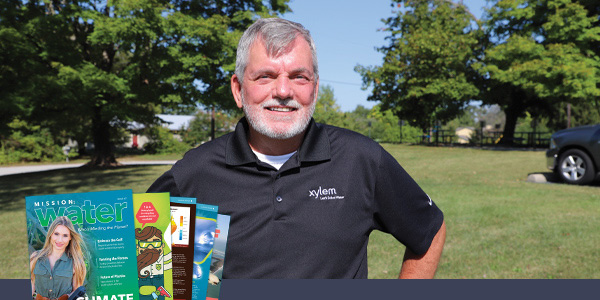
Question: Curt, how did you get your start with YSI?
Curtis: If you can believe it, I actually worked at YSI when I was 15 years old!
It was a highlight of my career to walk the halls with the company’s founding fathers. As a high schooler, I got a job working in facility maintenance, so at the time, I was just mowing the grass and building workbenches for our manufacturing team.
The only real science I contributed to in those days was jotting down the weather data from a monitoring station the engineers set up on the roof of the building. I’d always look forward to gathering the data each morning with my trusty clipboard.
Who would have thought my career would bring me full circle over twenty years later—and that I’d still be gathering data for YSI after all this time? YSI has been one of the biggest employers in my hometown since I was a child. When I saw the opportunity to return to Yellow Springs (Ohio), I couldn’t pass it up!
Working at a company that is forward-thinking and environmentally conscious makes me feel good every day, knowing I’m having a positive impact on the world.
Extensive knowledge of YSI equipment is a requirement for our Application Specialists.
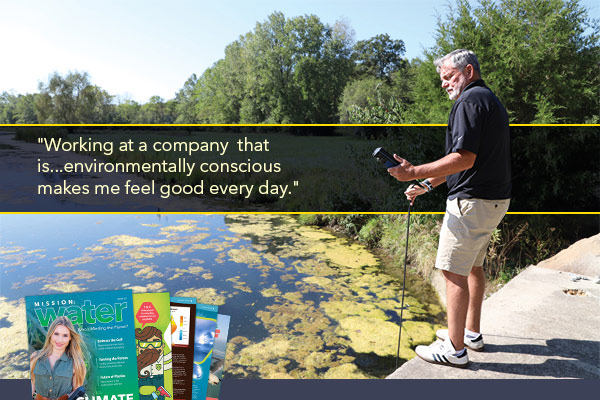
Question: Can you briefly describe your current role within the company?
Curtis: For the last fourteen years or so, I’ve been working in various parts of our customer service department. Before returning to YSI, I’d owned and operated an electronics repair company, so my experience led me to a job with our service center, where I repaired all kinds of YSI instruments for customers.
This hands-on experience—disassembling and rebuilding equipment—gave me a deep understanding of how all of our products work. I later joined our technical support team to use this knowledge to help customers collect quality data. After a couple of years manning our call center, I moved into the role of application specialist where I spend most of my time in the field—helping educate and train our YSI customers on how best to use our instruments to their potential.
I also work a lot with our R&D team to test out all kinds of new product ideas at a network of test sites around the U.S., which is pretty exciting!
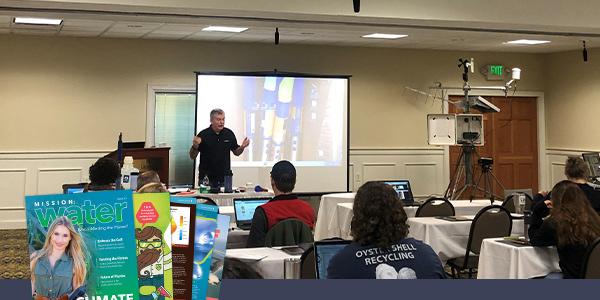
Curt regularly conducts training around the globe. Here he is leading a training session at a National Estuarine Research Reserve System (NERRS) workshop.
Question: In your role with YSI — how do you advocate for customers?
Curtis: It’s my job to ensure we’re taking good care of all of our customers—and that the products we’re developing—and the technical support we’re providing—are grounded in real-world experience.
When I think back to my first few weeks as an application specialist, it became clear that I didn’t fully understand the scope of what environmental researchers are responsible for. I quickly gained a deep appreciation for how much these people are dealing with on a daily basis.
Our customers aren’t just collecting data with a water quality sonde— they’re evaluating the health of an entire ecosystem, from the microbiology to the mangroves. Our sonde is only one piece of the puzzle that helps them to understand what is going on.
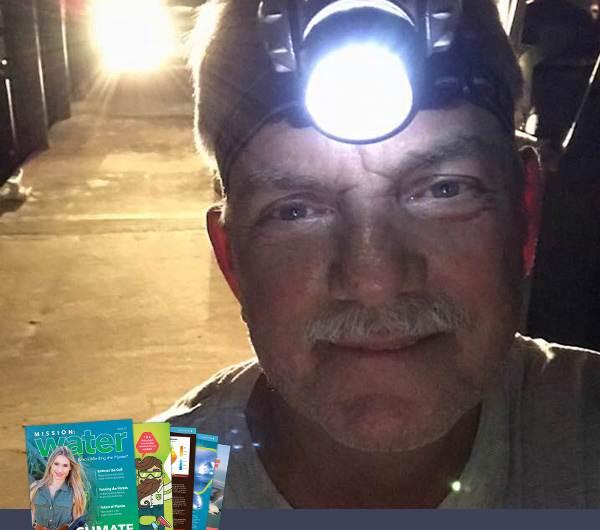
Nighttime? No problem. Mother nature doesn't sleep, and neither does Curt. (Figuratively speaking, of course.)
And these are busy people. They are bright scientists and brilliant minds who have dedicated their entire lives to monitoring and protecting our world’s most beautiful resources—resources that we often take for granted.
I make sure we're doing everything we can, as a company, to make their lives easier by developing products that last—and by ensuring the data our instruments provide is accurate and meaningful.
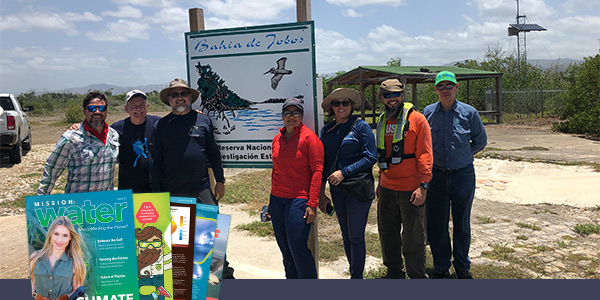
Supporting our partners and customers from Puerto Rico, particularly after the recent storm events, has been a big part of Curt's job.
Question: What do you love about your job, and what keeps you passionate about what you do?
Curtis: The best part about my job is that no day is like another—it’s an adventure! In any given week, I may be visiting customers to provide training, maintaining our field testing sites, or supporting product development projects back at the office.
I also love troubleshooting problems when they come up. Everything in life is a puzzle to be solved, and I want to get to the root of it. And often, solving these puzzles involves rolling up my sleeves and getting my hands dirty, which I really enjoy! As an applications specialist, I feel like often times I’m a detective solving a case.
There’s never a dull moment!
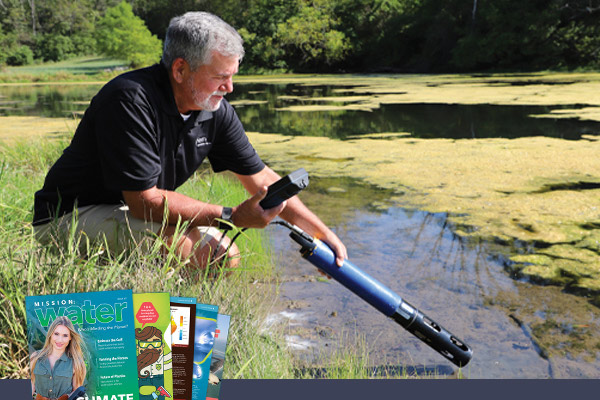
Curt's experience has grown over the years, including expertise in data collection and analysis.
Question: What advice would you give to someone interested in starting a career in the water monitoring industry?
Curtis: Honestly, the biggest thing is to develop patience. It can be difficult to come out of school and find the perfect career right away. It takes time to establish yourself and understand what you want in life. It doesn’t happen overnight, and most people don’t get it right the first time around.
I’d also recommend developing your soft skills, including your ability to listen and empathize with other people. In my role with Xylem, it’s not about just honing in on the root cause of a technical issue, for example. It's also about understanding how our customers are impacted and how we can alleviate that problem for them. It doesn’t matter which industry you go into—soft skills are underrated.
Lastly—and maybe most important of all—make sure you’re up for fieldwork. It’s not for everyone, especially not the faint of heart!
It’s also not glamorous.
The summer heat, mosquitos, and 60+ hour work weeks are no picnic. You have to be passionate about the environment to want to do these jobs…And I respect all the folks in this industry that manage field sites.
